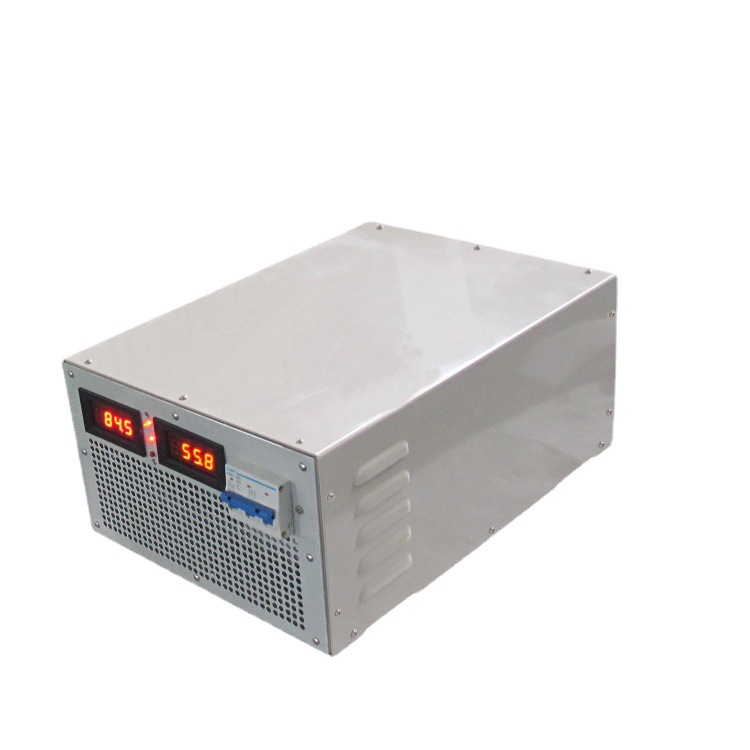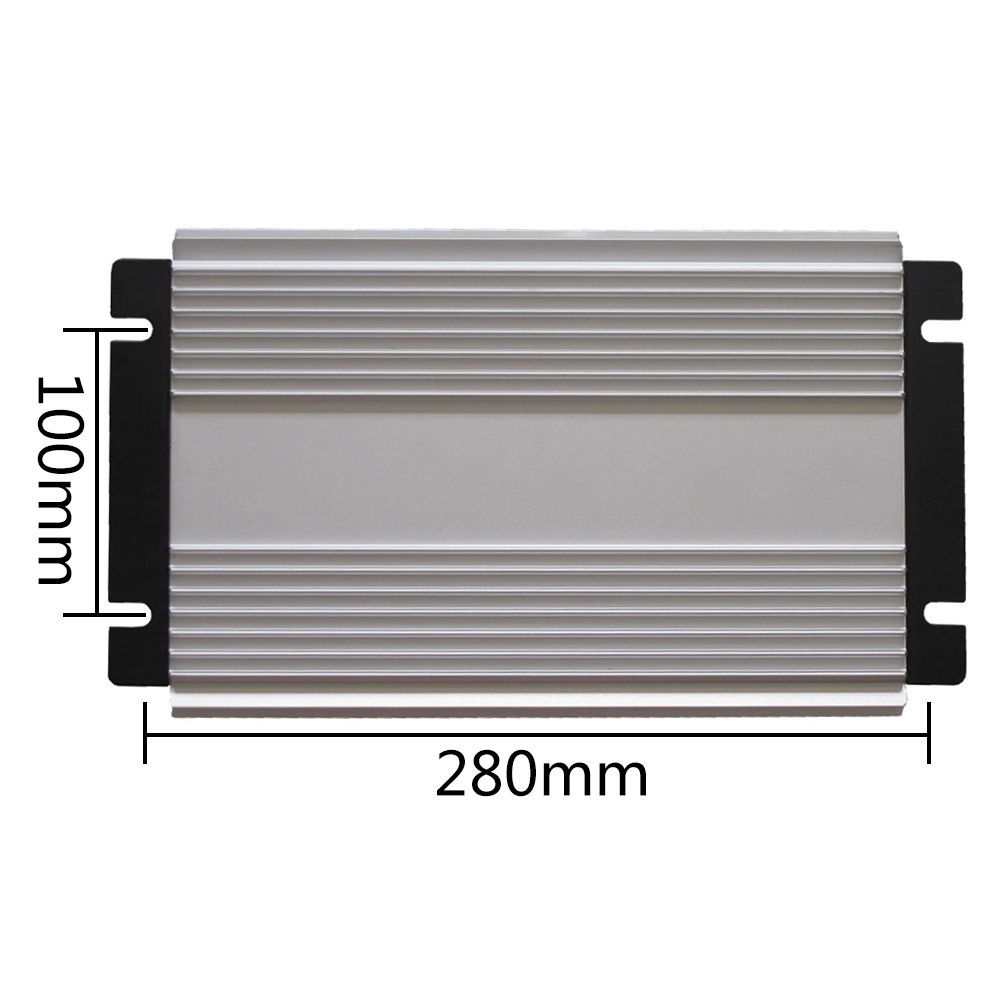Introduction:
As the world shifts towards sustainable transportation, electric vehicles (EVs) have gained immense popularity. Central to the success of EVs is the advancement of charging infrastructure. One critical component in this infrastructure is the on-board charger (OBC charger). An on-board charger is a crucial technology that enables efficient and convenient charging of electric vehicles. In this article, we will delve into the intricacies of on-board charger technology, its evolution, and its impact on the widespread adoption of electric vehicles.
Understanding On Board Charger:
An on-board charger is an integrated device within an electric vehicle that converts AC power from an external charging station into DC power to charge the vehicle's battery pack. Unlike traditional charging systems, which rely on external chargers, on-board chargers provide the convenience of charging an EV directly from a standard power outlet or public charging stations. The OBC acts as a bridge between the charging station and the EV, regulating the power flow and ensuring the battery is charged safely and efficiently.
Evolution of On-Board Charger Technology:
Early iterations of electric vehicles featured basic on-board charging systems that were relatively slow and had limited compatibility. However, advancements in power electronics and semiconductor technologies have revolutionized OBCs, significantly improving their efficiency and performance. Some key developments include:

a. Power Conversion Efficiency: Modern on-board chargers incorporate advanced power conversion techniques, such as pulse-width modulation (PWM), to maximize charging efficiency. Higher conversion efficiencies mean reduced charging times and decreased energy losses, resulting in more sustainable and cost-effective charging solutions.
b. Charging Capacity: Initially, on-board chargers were limited in their charging capacity, leading to extended charging times. However, with technological advancements, OBCs now offer higher power levels, allowing for faster charging. The introduction of high-power OBCs, capable of handling 100 kW or more, has greatly reduced charging times and enhanced the convenience of EV ownership.
c. Bi-Directional Charging: The latest on-board charger technology incorporates bidirectional charging capabilities, also known as vehicle-to-grid (V2G) or vehicle-to-home (V2H) functionality. This innovation allows EVs to not only charge from the grid but also feed power back into it. V2G technology enables the EV to become an energy storage device, contributing to grid stability and supporting the integration of renewable energy sources.
d. Wireless Charging Integration: On-board charger technology is also evolving to support wireless charging, eliminating the need for physical connectors. Wireless charging uses induction or resonance-based technologies to transfer power between a charging pad and the vehicle. This feature adds convenience and ease to the EV charging process, making it more user-friendly and accessible.

Benefits of On-Board Charger Technology:
a. Flexibility and Convenience: The integration of on-board chargers allows EV owners to charge their vehicles from a variety of power sources, including residential outlets and public charging stations. This flexibility makes EVs more practical for daily use, as drivers can easily charge their vehicles wherever power sources are available.
b. Cost-Effectiveness: On-board chargers enable EV owners to take advantage of low-cost electricity rates during off-peak hours. By utilizing time-of-use pricing strategies, EV owners can charge their vehicles at a lower cost, making electric mobility more affordable and financially viable.
c. Efficiency and Reduced Environmental Impact: Advanced on-board charger technology improves charging efficiency, resulting in reduced energy waste. Moreover, the integration of bi-directional charging and V2G capabilities allows EVs to contribute to grid stability and optimize energy usage, further enhancing the overall efficiency of the charging infrastructure.
d. Future-Proofing: With ongoing advancements in on-board charger technology, EVs can adapt to emerging charging standards and infrastructure developments
Next:The Evolution of Forklift Charger: Powering Efficiency and Sustainability
Previous:3pcs 6kw TC charger shipped to Korea
Contact Person: Miss. Kiki
| WhatsApp : | +8617763224709 |
|---|---|
| Skype : | +8617763224709 |
| WeChat : | +8617763224709 |
| Email : | kiki@lifepo4-battery.com |